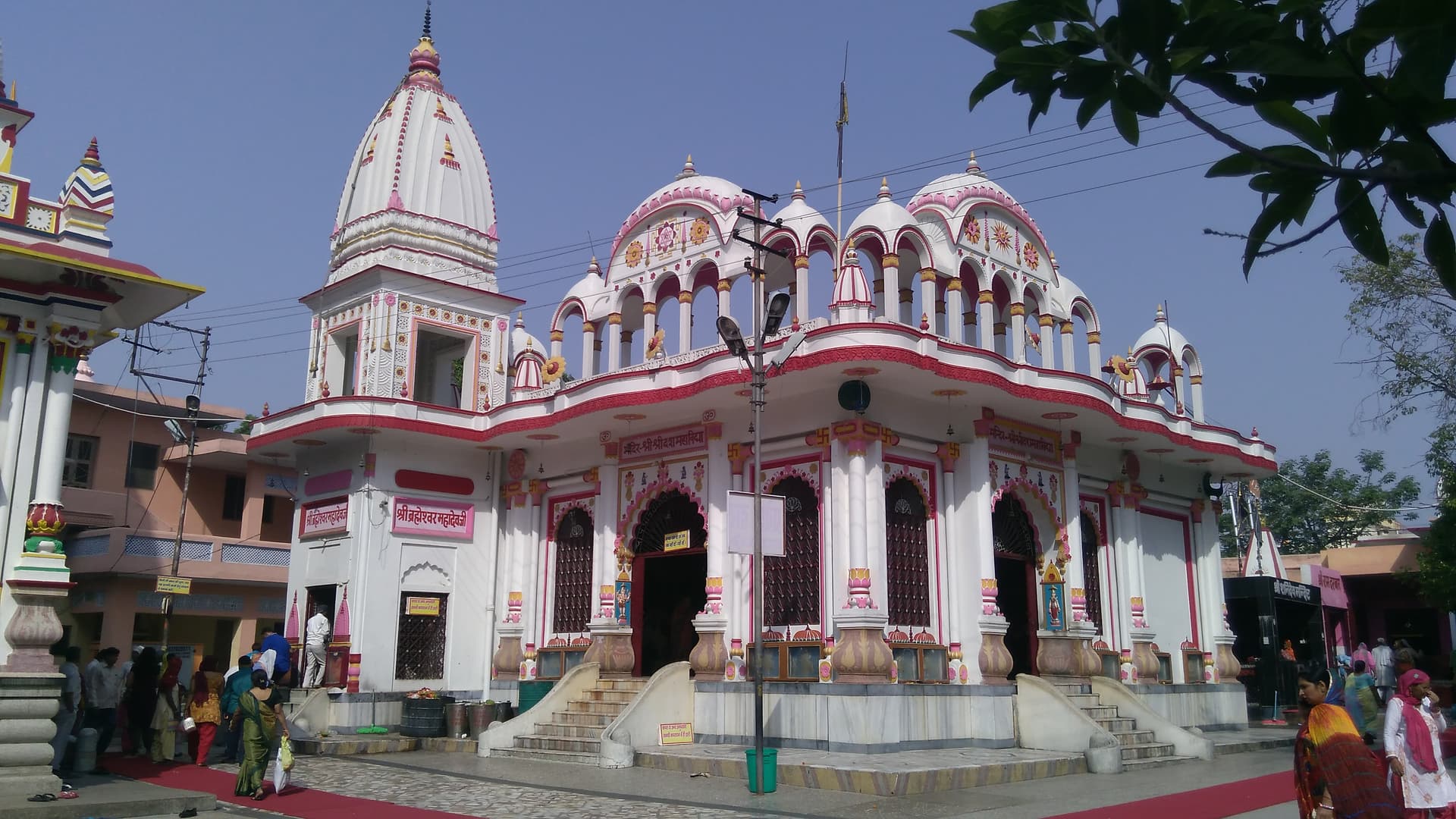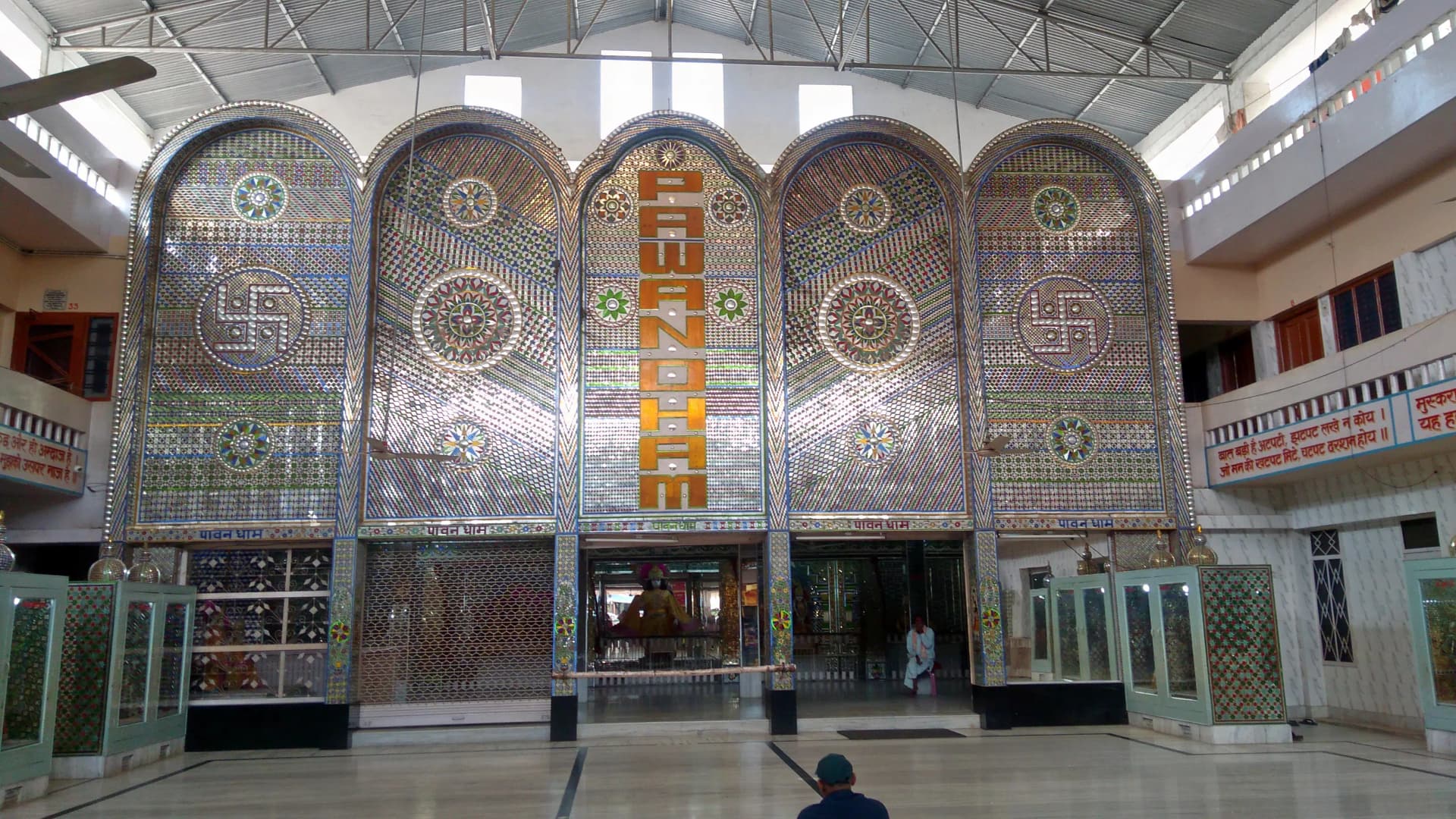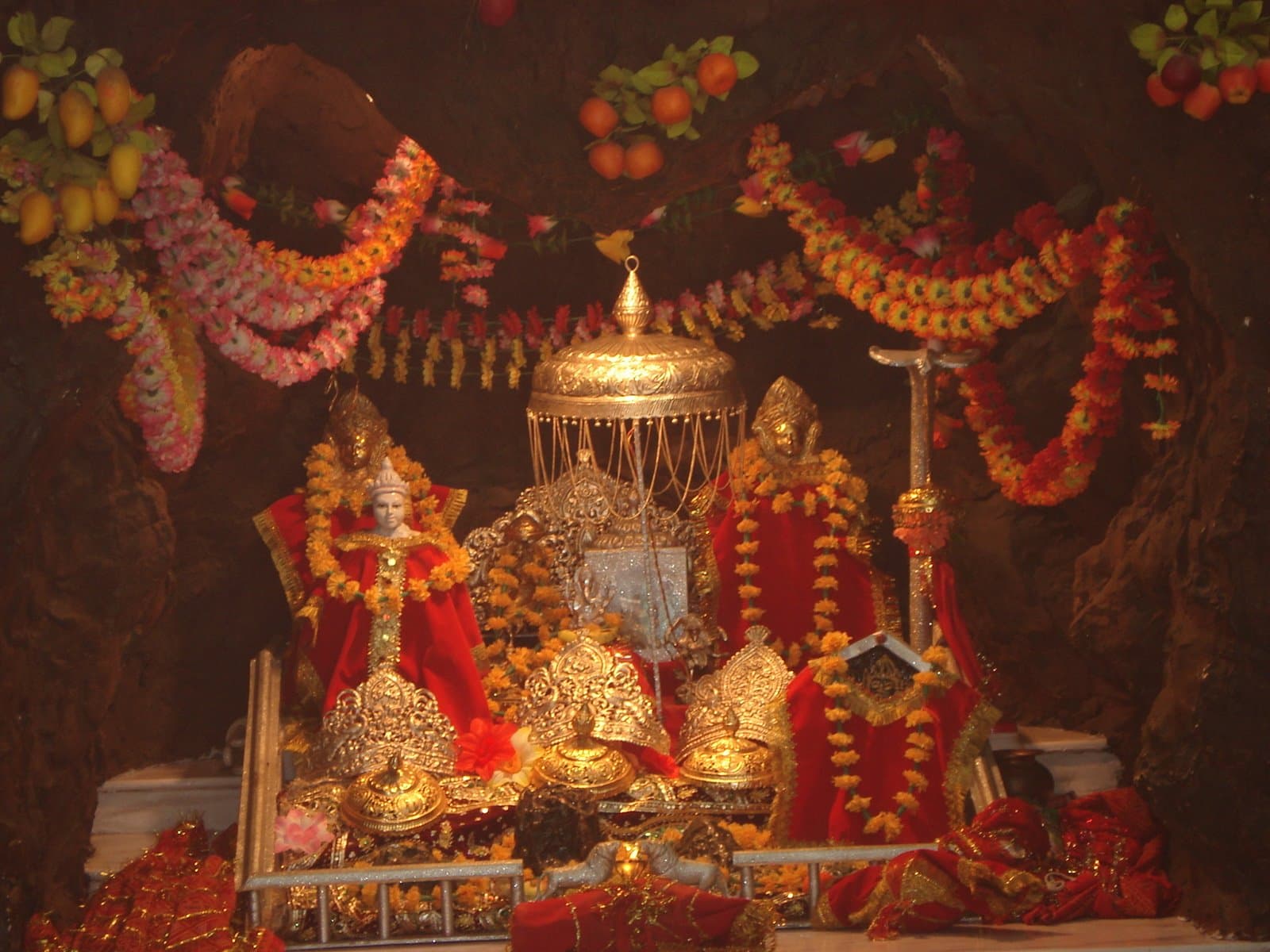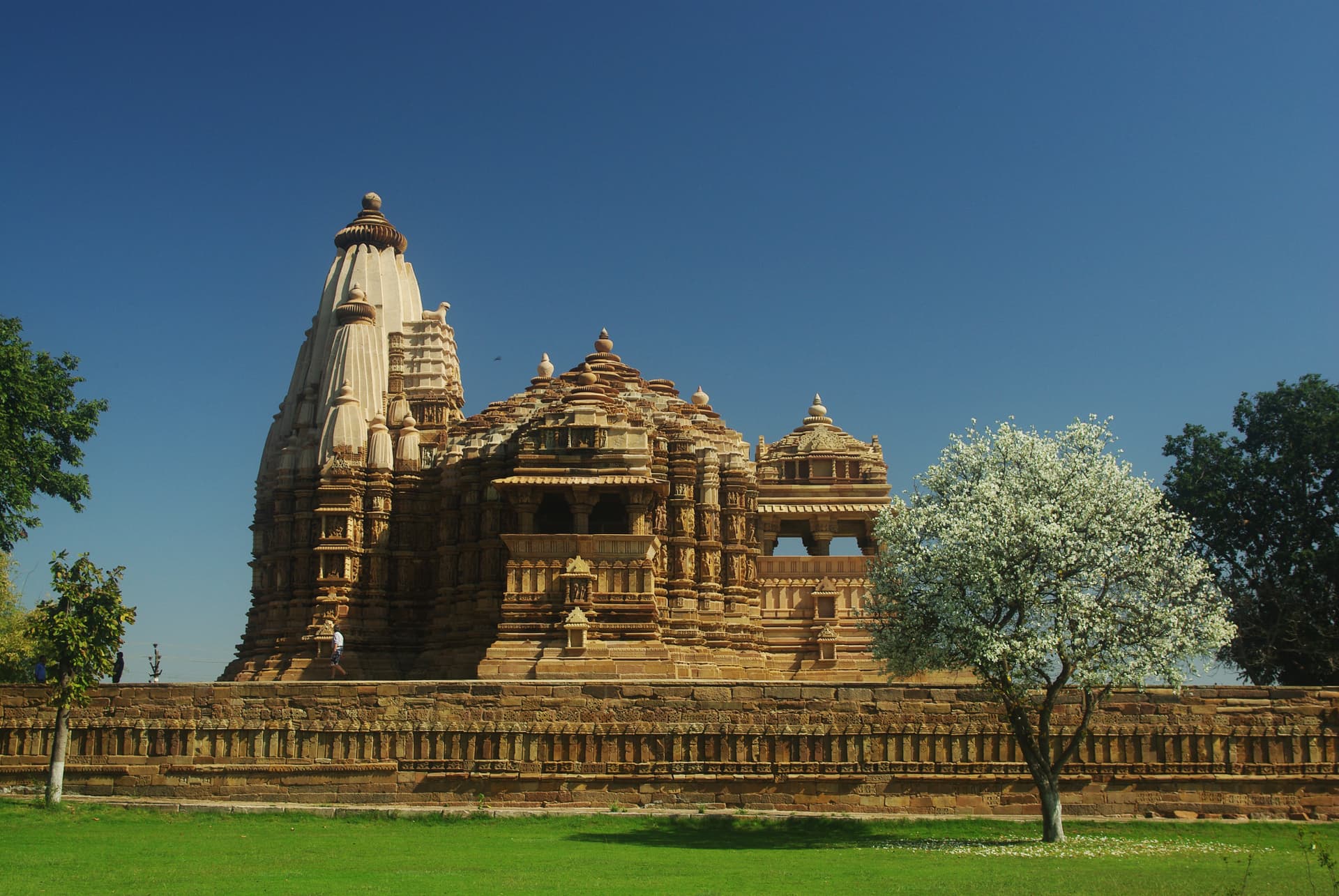Sacred Sites and Spiritual Experiences in Haridwar
Haridwar, one of India's holiest cities, is a significant pilgrimage site located in the state of Uttarakhand. Situated on the banks of the River Ganges, it is a gateway to the four pilgrimages of Uttarakhand, collectively known as Char Dham—Badrinath, Kedarnath, Gangotri, and Yamunotri. The city's name, Haridwar, means "Gateway to God," signifying its spiritual importance. A major attraction in Haridwar is the Ganga Aarti, a daily ritual held at Har Ki Pauri. Thousands of devotees gather here to witness the evening ceremony, where priests perform prayers with lit lamps, and hymns are chanted in praise of the Ganges. The sight of numerous diyas floating on the river is mesmerizing and deeply spiritual.
Haridwar is also home to numerous temples, each with its own unique history and significance. The Mansa Devi Temple, located atop the Bilwa Parvat on the Shivalik Hills, is accessible by a scenic cable car ride. The Chandi Devi Temple, another major shrine, sits on the Neel Parvat and offers panoramic views of the city and river. For those interested in yoga and wellness, Haridwar has several ashrams and yoga centers, offering retreats and courses. The Patanjali Yogpeeth, founded by Baba Ramdev, is one of the largest yoga institutes in the world.
Haridwar also hosts the Kumbh Mela every twelve years, one of the largest religious gatherings on the planet, drawing millions of pilgrims from across the globe. This event is marked by mass bathing in the Ganges, religious discussions, and a variety of cultural performances. Visitors should be mindful of the spiritual atmosphere and dress modestly. Participating in the Ganga Aarti is highly recommended, and a visit to the local markets can provide an insight into traditional crafts and cuisine. Haridwar offers a profound spiritual experience, blending age-old traditions with natural beauty.
Haridwar
Location in Haridwar, Uttarakhand

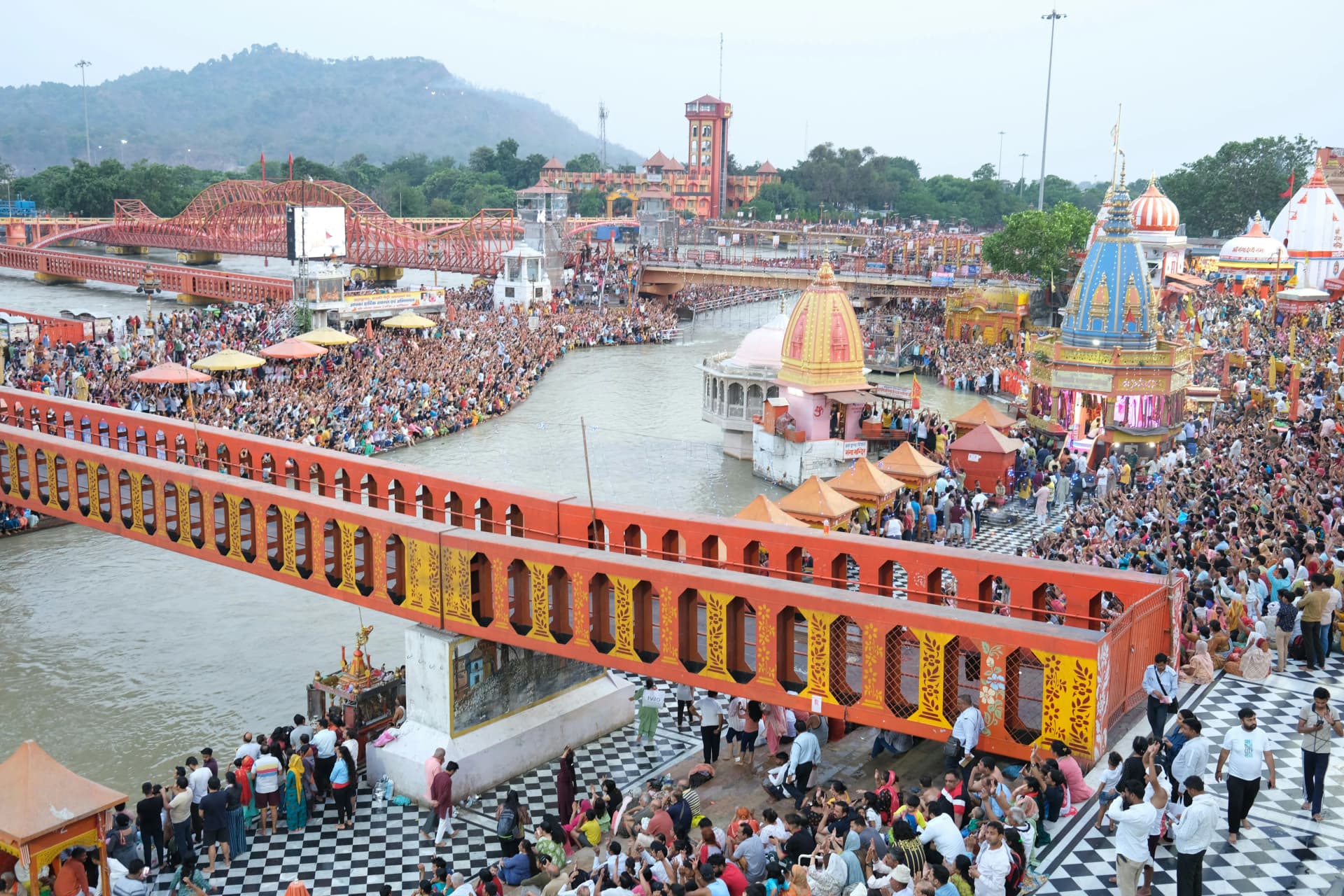
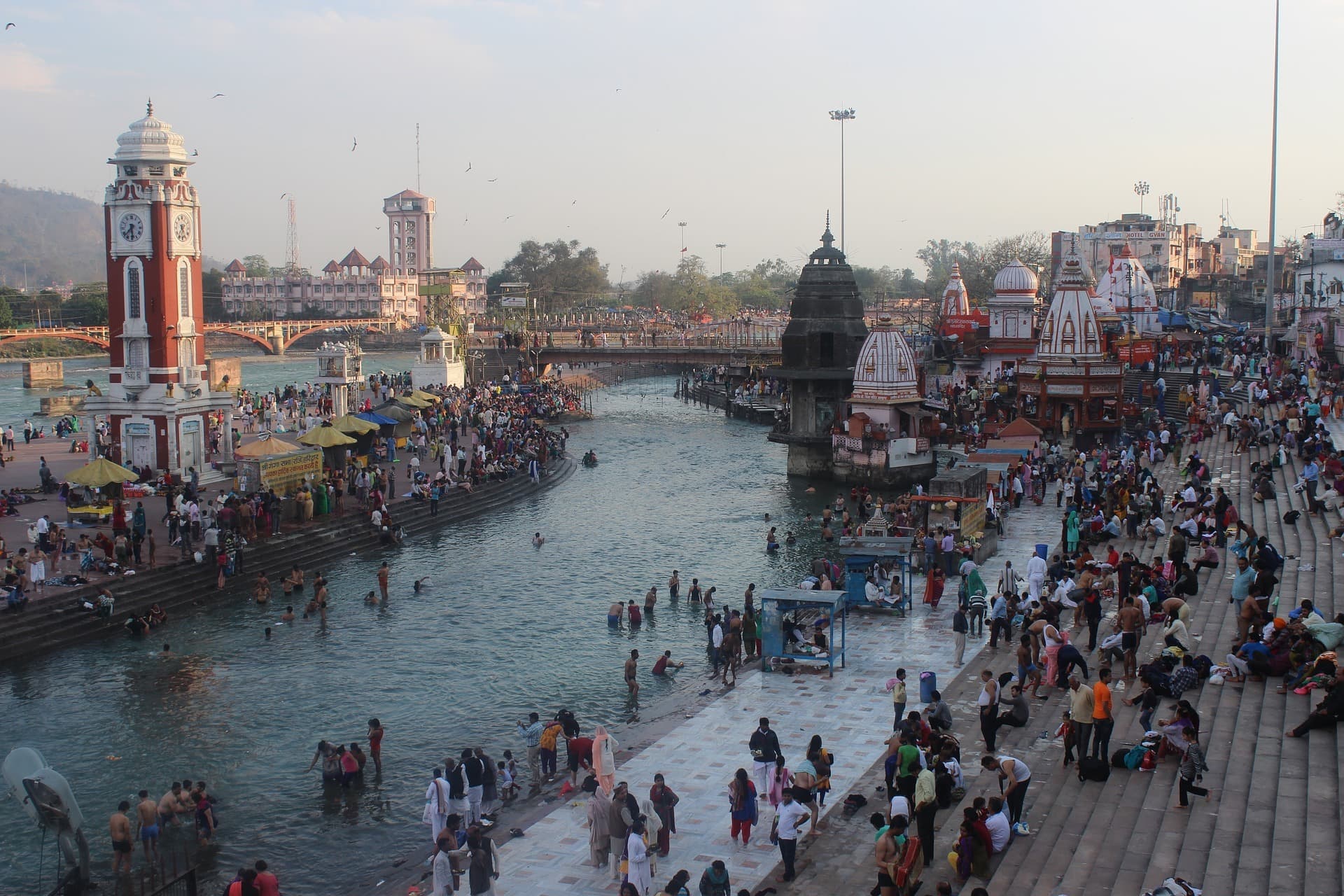
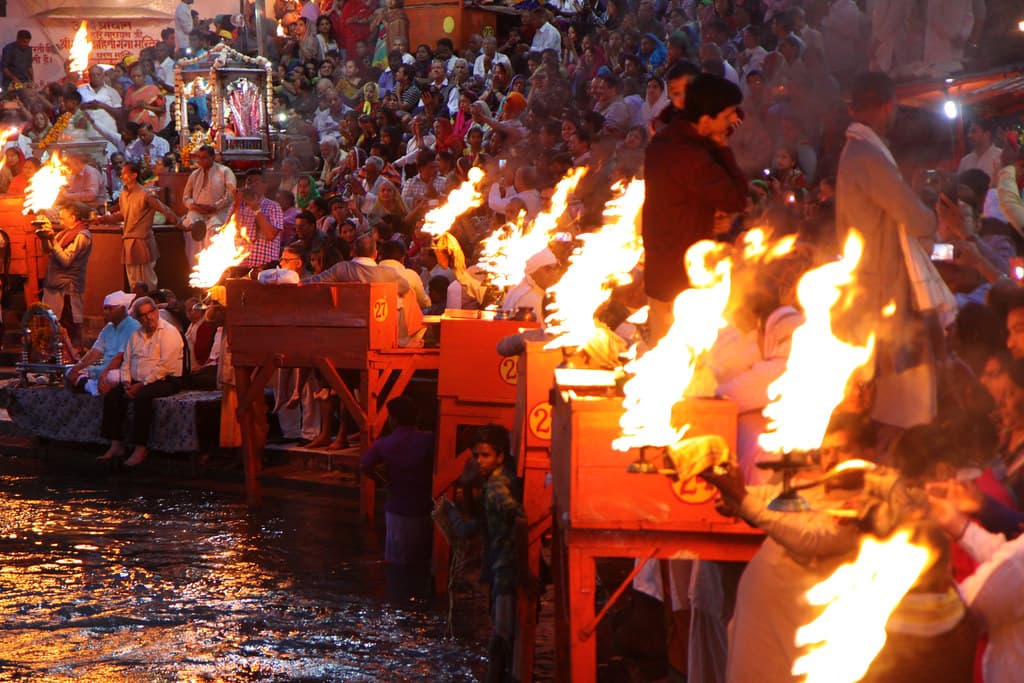

.jpg&w=1920&q=75)
